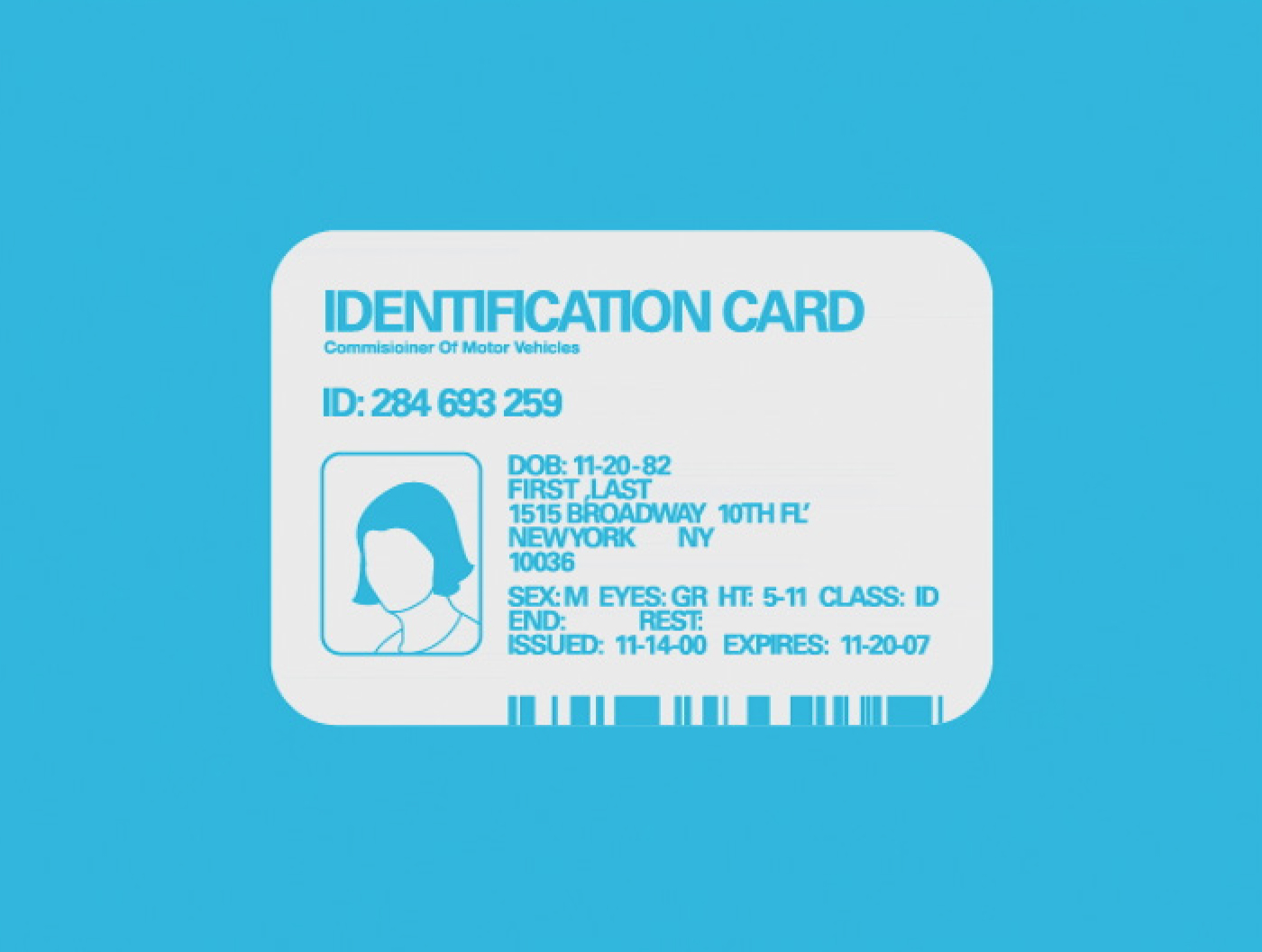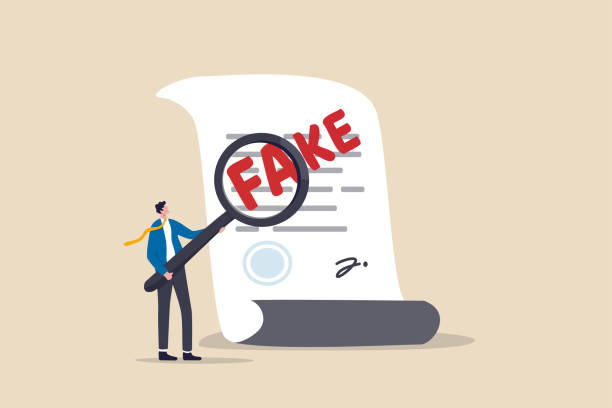Unmasking the Underground: The Risks and Realities of Fake IDs
In a world where identification is crucial for various transactions and activities, some individuals may be tempted to explore the murky waters of obtaining a fake ID. The allure of having a seemingly authentic identification that works everywhere can be enticing, but it’s essential to understand the risks involved and the potential consequences of such actions. One prominent name that often surfaces in discussions about fake IDs is IDgod, a shadowy figure in the underground market. In this article, we’ll delve into obtaining fake IDs, exploring the methods used, the risks associated, and the legal implications that can arise.
The Temptation of IDgod
A Brief Glimpse into the Underground Market
IDgod has become synonymous with the illicit trade of fake IDs, offering a quick solution to those seeking an alternate identity. The underground market for fake IDs is expansive, with various vendors claiming to provide IDs that look real and work seamlessly. However, trusting such sources can lead to serious consequences, ranging from legal trouble to potential identity theft.

The Dangers of Using a Fake ID
While the idea of having a fake ID that works everywhere may sound appealing, the risks far outweigh the benefits. Law enforcement agencies and businesses are continually improving their methods for detecting counterfeit identification. Getting caught with a fake ID can result in severe consequences, including fines, community service, or even criminal charges.
The Methods Behind the Madness
Digital Technology and Counterfeit IDs
Advancements in digital technology have made it easier for counterfeiters to produce IDs that closely resemble the real thing. High-quality printers, holographic overlays, and sophisticated design software contribute to the creation of fake IDs that can be difficult to distinguish from genuine ones. However, these methods could be better, and law enforcement agencies are continuously adapting to stay ahead of the curve.
Online Platforms and the Dark Web
The internet has become a breeding ground for illicit activities, and obtaining a fake ID is no exception. Vendors like IDgod often operate on the dark web or through encrypted messaging apps, making it challenging for authorities to track their activities. However, engaging in such transactions poses significant risks, as individuals may fall victim to scams or compromise their personal information.
Legal Consequences and Ethical Considerations
The Fallout of Fake ID Use
Beyond the immediate consequences of getting caught, using a fake ID can have long-lasting effects on one’s future. Legal repercussions may extend to academic institutions, employers, and other areas of life, potentially tarnishing a person’s reputation and hindering their opportunities.

Ethical Considerations and Social Responsibility
Obtaining a fake ID raises ethical questions about honesty, integrity, and social responsibility. The pursuit of a seemingly carefree existence through a fake identity may provide temporary satisfaction but often comes at the expense of personal growth and the development of genuine connections.
Conclusion:
While the allure of an IDgod-produced fake ID may be tempting, the risks and consequences far outweigh the benefits. The potential legal troubles, ethical dilemmas, and the evolving methods of detection make obtaining a fake ID a perilous endeavor. Instead of navigating the shadows, focusing on personal growth, responsibility, and building a future on a foundation of authenticity is essential.

